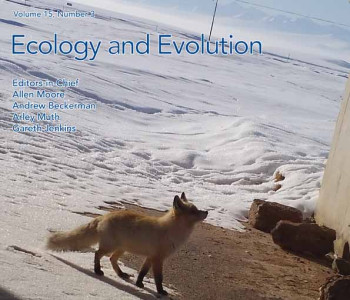NTNC’s involvement in Bardia started in 1986 with the translocation of the first batch of rhinoceros from Chitwan National Park. The Bardia Conservation Program (BCP) was launched in 1994 as a regular project of NTNC focusing on biodiversity research and sustainable community development. BCP has been promoting biodiversity conservation in and around Bardia National Park (BNP) by strengthening the capacity of local institutions responsible for natural resource management. Besides, it also promotes sustainable agriculture and forestry, animal husbandry and livestock management, natural forest regeneration, alternative income generation schemes and nature-based tourism.
BCP has also been supporting national and international students to conduct field research.
BCP successfully completed wildlife research project on prey and predator relationship, wild Asian elephant and gharial crocodiles. A series of scientific papers have been published on the research done in the Park. Similarly, short and long term training program are regularly organized for national park staff to enhance their capacity to carry out wildlife research and monitoring. Other research and monitoring activities include short and long term studies on ungulate populations mainly spotted deer, swamp deer, blackbuck, hog deer and barking deer, Gangetic dolphin, vegetation ecology and dynamics, and socio-economic status of the communities in the buffer zone.
On the other hand, BCP has been successful in integrating conservation and development work in south-western buffer zone of BNP with a focus on community forestry, alternative energy promotion, ecotourism, women development, conservation education, rural infrastructure improvement, community health services and rural livelihood improvement program. Activities related to institutional strengthening of users’ groups and users’ committees formed to carry out various conservation and development activities are regularly undertaken.
Objectives
- To assist biological research and monitoring functions of NTNC;
- To provide alternative livelihood options to the local communities;
- To empower local communities to become guardians of their own resources; and
- To seek affiliation with national and international universities and research institutes to develop the Center as a regional training and research center.










